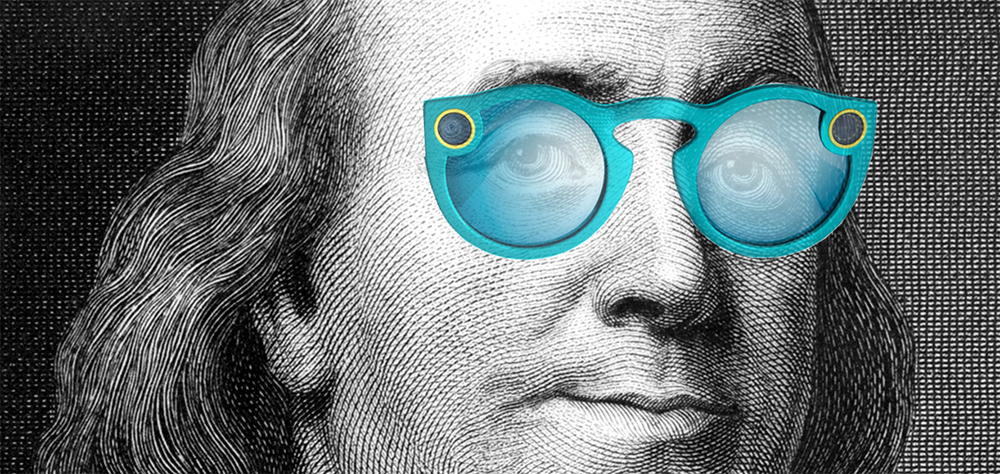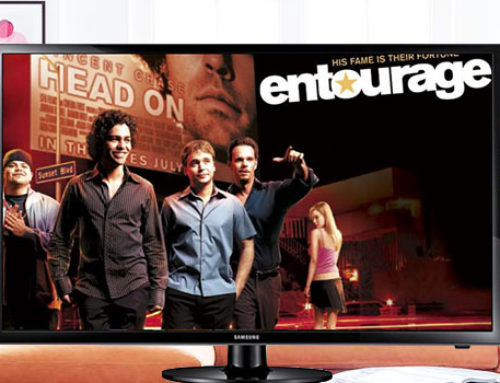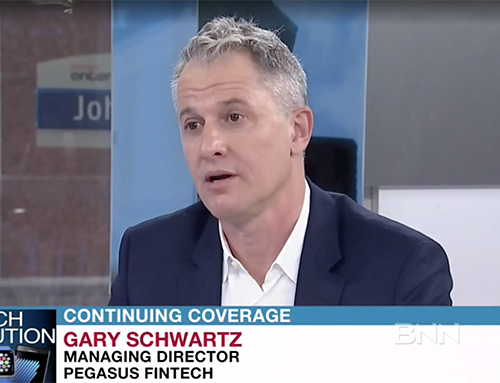Benjamin Franklin was the father of practical solutions. Should you see Franklin in downtown Palo Alto today, he would not be working in a coffee shop on the next software app but in a garage tinkering with an Internet-of-Things (IoT) thermostat, smoke detector or security cam.
Rods and Standards
In the mid-18th century, while Franklin’s colleagues were using electricity as a party trick to impress guests, he was flying kites to capture and analyze static electricity. He used the results to invent the practical lightening rod. Franklin applied his invention to the preservation of churches and other tall buildings that would occasionally burn down in electrical storms.
In his home in Philadelphia, Franklin installed a metal rod with a metal cable stretching down to the well. He separated the wire with a row of bells outside his bedroom window to warn him should lightening strike his rooftop.
(Later in a letter from London to his wife, Deborah, who was frustrated by the loud electric bell alarm, he explained how to disconnect the “alarm service” by connecting a piece of wire to both sides.)
Importantly, Franklin not only created electrical solutions but the lexicon that helped standardized the industry around the solution coining the terms positive, negative, battery, and charge.
Farts
Franklin was as much an advocate of practicable solution as he was a satirist of cerebral solutions.
In his famous letter to the Royal Academy of Brussels in response to its call for scientific papers, Franklin suggested that the university research ways of improving the odor of human farts. In the letter which he published but did not send, he opined on tested that could be conducted to improve the odor of flatulence. He ended his tongue-in-cheek letter that such a line of scientific inquiry was “scarcely worth a FART-HING”.
“A man of words and not of deeds, Is like a garden full of weeds.” ― Benjamin Franklin, Fart Proudly
When he left his home in France where he was stationed for many years as the first United States Ambassador to return to the United States he billed his landlord for the improvements that he had made to the safety and commodity of the house. He had installed a lighting rod as well as a smoke retardant for the livingroom.
Should Franklin and his home off an alleyway from Market Street in Philadelphia be around today it would be a trove of connected smart-home gadgets. And just as Franklin had advocated for terminology (positive and negative charge, battery, etc.) that helped drive scientific standards for the nascent electric industry, his contemporary digital presses world surely would be evangelizing standards for the IoT industry to advance practical adoption.
As Noah Harlan (a contemporary Franklin) and the President of the Allseen Alliance says in an IoT Thinkwire discussion,
“Too many people think about “IoT” and not use cases and experience. We have always focused on solving hard tech so we can provide seamless, highly-useful experiences. It’s not tech for tech’s sake. It’s delivering utility.”



